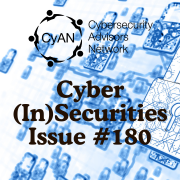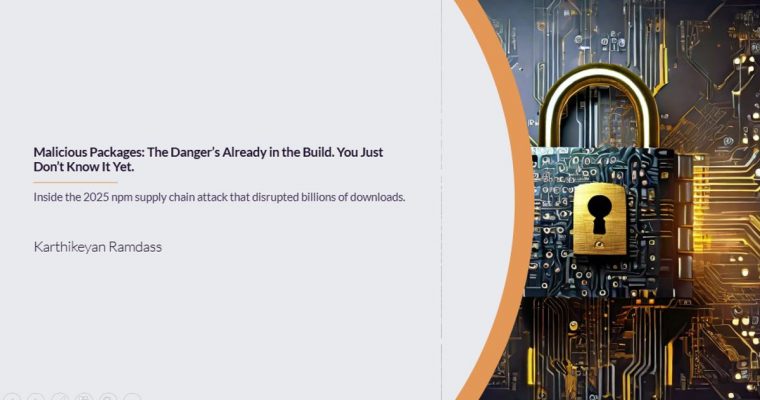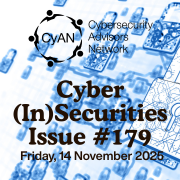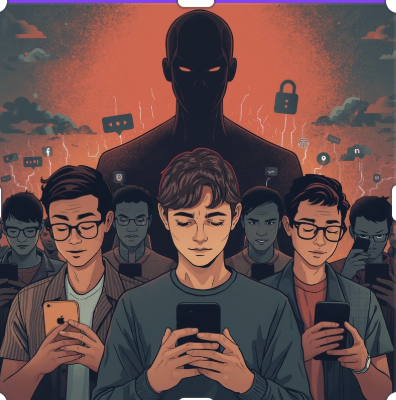Breaking Into Tech: What No One Tells You as a New Grad by Efe Zindanci
I just graduated from Isik University with a Bachelor of Computer Science and Engineering, and like many recent graduates, I am working on finding my place in the tech world. It feels exciting because it opens new possibilities, but it is also stressful at times …





